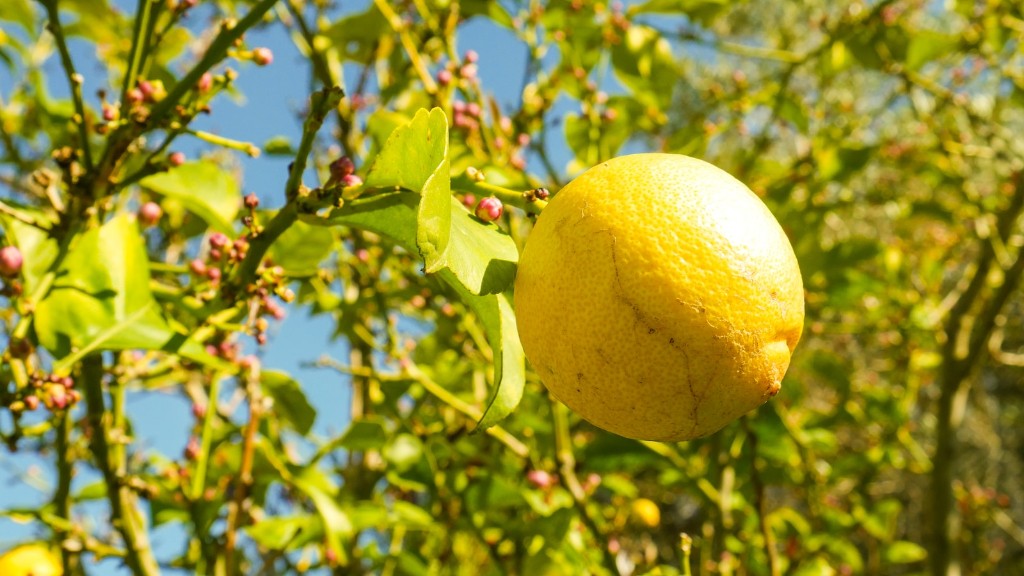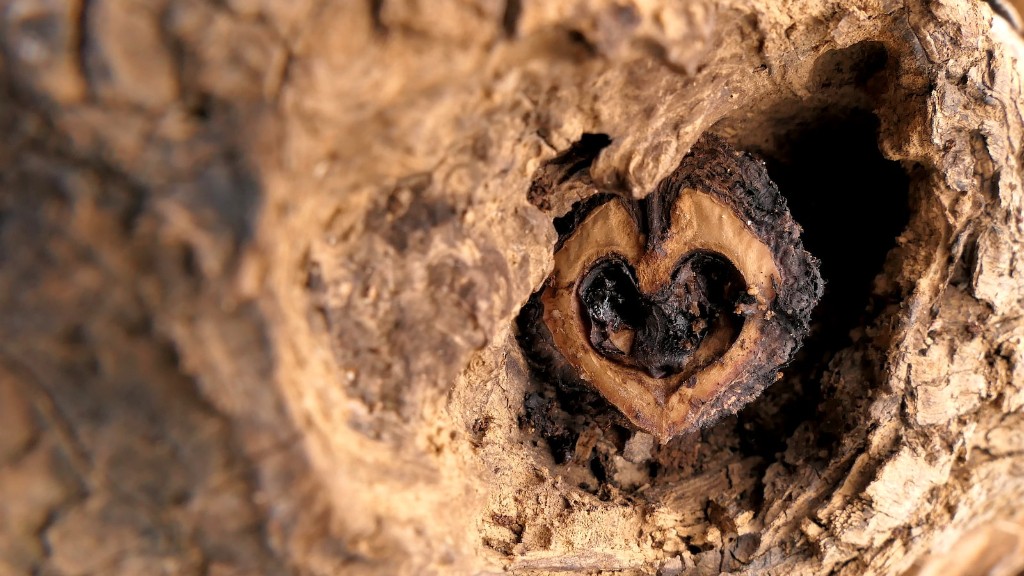Lemon trees are one of the most popular citrus fruits and make for a great addition to any garden. However, to ensure that you get the best out of your lemon tree, you need to take a few precautions. In this article, we will discuss how to protect and save your lemon tree from damage.
Firstly, regular monitoring of your lemon tree is vital. You need to check the amount of soil moisture, its leaf health, and any signs of pests or diseases. It is also important to check if the tree is getting adequate sunlight and if any of the leaves or branches look broken or damaged.
Secondly, the soil of the lemon tree should be well fed and well maintained. You can use a slow-release fertilizer or an organic compost to nourish the soil. This helps to keep the tree healthy and aids in faster growth.
Thirdly, pruning is also important to keep your lemon tree in good shape. When pruning, you should aim to remove dead, damaged, or weak branches, as well as any branches that may be blocking sunlight from reaching the other parts of the tree.
Fourthly, you should also water your lemon tree correctly. Lemon trees require a lot of water and it is important to ensure that it gets enough. Water at the base of the tree and try to avoid the foliage if possible.
Finally, you should also add mulch to the soil and around the lemon tree. Mulching helps to retain moisture in the soil and provides additional nourishment to the root system. It also helps to protect the tree against diseases and pests.
Pest and Disease Prevention
When it comes to saving a lemon tree, it is important to take steps to prevent pests and diseases from damaging it. The most common pests that affect lemon trees are aphids, whiteflies, mealybugs, and scale insects. To control these pests, you can use a variety of chemical insecticides and organic solutions such as neem oil.
When it comes to disease prevention, you should check the tree for any signs of fungal diseases such as powdery mildew and rust. If you find any signs, you should take steps to control the disease, such as using fungicides or pruning the infected parts of the tree. It is also important to keep your lemon tree healthy in order to prevent any diseases from taking hold.
Finally, it is also important to check the tree for any signs of nutrient problems, such as yellowing of the leaves and stunted growth. This indicates that the tree is not getting the correct amount of nutrients, so you should look into ways of feeding your tree.
Shelter and Shade
To ensure that your lemon tree is protected from extreme weather, such as heat and cold, you should provide it with shelter and shade. You can do this by providing a canopy of trees or bushes around the tree, or by constructing a shade cloth to cover the tree during periods of extreme temperatures.
You should also ensure that your lemon tree gets sufficient protective shade from the sun, which can be achieved by pruning away any branches that are blocking sunlight from reaching the tree. Lastly, you should also install a drip irrigation system to avoid the tree being exposed to too much water.
Crop Protection
The crop on your lemon tree can be protected in several ways. Firstly, you should use bird nets to protect the lemon fruits from being eaten by birds. You should also pick up any fallen fruit, as this can attract pests. Secondly, you should avoid any chemical pesticides that may affect the taste or health of the fruit.
You should also prune excessively large branches to keep the lemon tree in balance and minimize the risk of the branches breaking and damaging the crop. Finally, if possible, you should install a fence around the tree to protect it from any unwanted visitors.
Location Considerations
When selecting a spot for your lemon tree, you should consider its ability to receive adequate sunshine and water. Plant your lemon tree in an area that gets six hours of direct sunlight every day and where the soil remains moist throughout the year. By planting your tree in an ideal spot, you can ensure that it gets the necessary protection and nutrients it needs to grow and bear plenty of lemons.
It is also important to note that some areas may experience intense cold during the winter, which could lead to damage or even the death of your lemon tree. If you live in an area with extreme cold, you should protect your tree with a frost cover or a layer of mulch to protect its roots.
Precautions
Finally, it is important to note that when caring for a lemon tree, you should always wear protective gear, such as gloves and masks. This will protect you from any pests, diseases, or any other irritants that may be present in the garden. It is also important to avoid using any chemicals on the tree, as this could be damaging and have a negative effect on the lemon tree’s health.
By following the tips discussed in this article, you can ensure that you have a healthy, productive lemon tree in your garden and enjoy its delicious fruits for years to come. With the right amount of care and attention, your lemon tree can give you plenty of zesty lemons.



